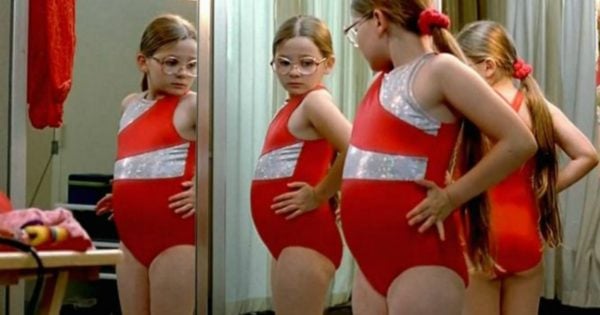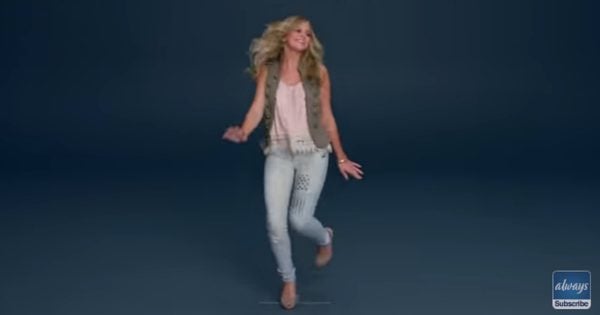How many of us were encouraged as children to feel as pretty as a princess? Or told they were ‘a bit of a tomboy?’
Would we see our childhoods differently if those titles had never been placed on our growing shoulders?
The Australian Government is encouraging parents and educators to stop using certain phrases in front of children.
Popular phrases such as: “boys will be boys”, “man up” and “she’s a little princess” are being discouraged on the basis they may have lasting negative impact.
Parenting can be tough. Listen to the story of one mum who has an unusual approach to teaching her children the value of cleanliness. Article continues below.
The above phrases are part of a language guide that has been developed in conjunction with the Government’s three-year and $30 million dollar anti-domestic violence campaign.
The ‘Let’s Stop It At The Start‘ campaign launched last year as a preventative measure that uses education to deter domestic violence. The campaign targets children in an attempt to correct poor behaviour before it begins.
As a part of the campaign, The Excuse Interpreter guide explains how seemingly harmless terms like tomboy and princess can cause lasting effects on young minds.
The pamphlet explains how even the simple act of comparing a child to a princess teaches them they are judged on their appearance.





Top Comments
Give me a break. I tell my daughter she looks like a princess because she does. She loves dressing up and wearing crowns. She also loves riding her bike and pretending to be a monster. I also tell her she's smart and that there is more to her than just appearances. How about we use some common sense instead of these blanket statements...what I can no longer tell my child.
I can understand the "boys will be boys” & “man up” being on the outer. But I have no problem with tomboy or princess.
Being a tomboy isn't automatically a bad thing,